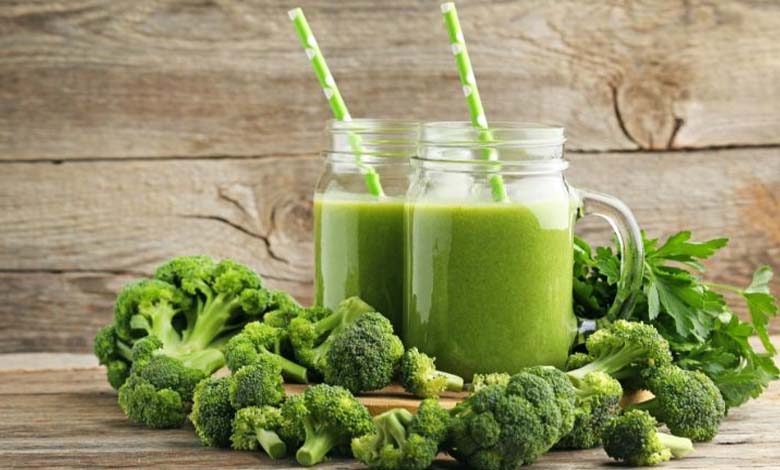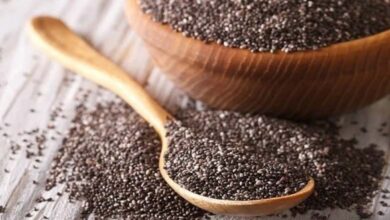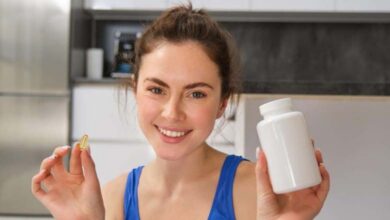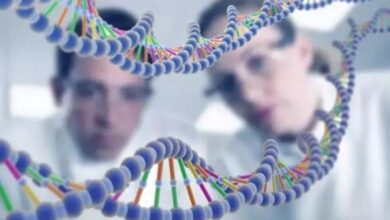Broccoli Juice Trend: Can It Really Prevent Cancer?

Over the past few months, broccoli juice has taken the internet by storm. Popularized by influencers on platforms like TikTok and Instagram, this dark green drink is being hailed as a superfood elixir, credited with boosting immunity, enhancing skin, aiding digestion, and most notably, preventing cancer. But what does the scientific community say? Is broccoli juice a legitimate health aid or just another fleeting trend?
-
Blueberries: A Superfruit for Longevity
-
The secret of the incredible shape of the Romanesco broccoli
Broccoli: A Nutrient-Dense Superfood
Broccoli is a cruciferous vegetable in the Brassicaceae family, like cabbage, cauliflower, and kale. It has long been celebrated for its nutritional profile.
100 g of raw broccoli contains:
- High levels of vitamin C (about 90 mg)
- Vitamin K, folate, and B vitamins
- Calcium, potassium, and iron
- Dietary fiber
- Potent antioxidants
Its most unique feature is the presence of sulforaphane, a powerful phytochemical.
Sulforaphane: A Potential Anticancer Compound
Sulforaphane is an isothiocyanate derived from glucoraphanin, a glucosinolate found abundantly in broccoli, especially in broccoli sprouts. It has been extensively studied for its antioxidant, anti-inflammatory, antimicrobial, and anticancer properties.
Scientific research suggests that sulforaphane can:
- Enhance the liver’s ability to eliminate carcinogens
- Activate detoxifying enzymes
- Inhibit cancer cell growth in lab animals (especially in breast, prostate, and colon cancers)
- Protect DNA from mutations
However, these results are primarily from in vitro and animal studies. While promising, they do not conclusively prove sulforaphane prevents cancer in humans.
What Happens When You Drink Broccoli Juice?
Juicing or blending raw broccoli releases the enzyme myrosinase, which is essential for converting glucoraphanin into sulforaphane. Therefore, fresh broccoli juice is considered one of the best ways to access this compound.
But be aware:
- Sulforaphane is unstable and breaks down with heat or poor storage
- Its absorption varies significantly between individuals
- A glass of juice likely contains far less sulforaphane than doses used in studies
Are There Clinical Studies?
There is limited clinical research on broccoli juice specifically. However, some studies on concentrated broccoli sprout extracts high in sulforaphane have shown benefits such as:
- Reduced oxidative stress markers
- Improved liver detoxification
- Potential improvements in neurodegenerative disorders like autism or schizophrenia
Still, these findings are preliminary, and broccoli juice is not a substitute for medical treatment.
-
“Durian, the King of Fruits” – These are the Benefits of the “Stinky” Fruit
-
Health: here are the advantages of these fruits on our body!
The Trend’s Limits
Drinking broccoli juice alone will not prevent cancer. The best approach remains a balanced diet rich in vegetables, regular physical activity, adequate sleep, and avoidance of smoking and excessive alcohol.
Excessive consumption may also lead to side effects such as:
- Bloating or digestive discomfort
- Potential interaction with anticoagulants due to its vitamin K content
Broccoli juice is a nutrient-rich drink containing compounds like sulforaphane, which may support overall health and potentially reduce some cancer risk factors. However, it should not be viewed as a miracle cure. As always, caution is advised when following viral health trends without strong scientific validation.












